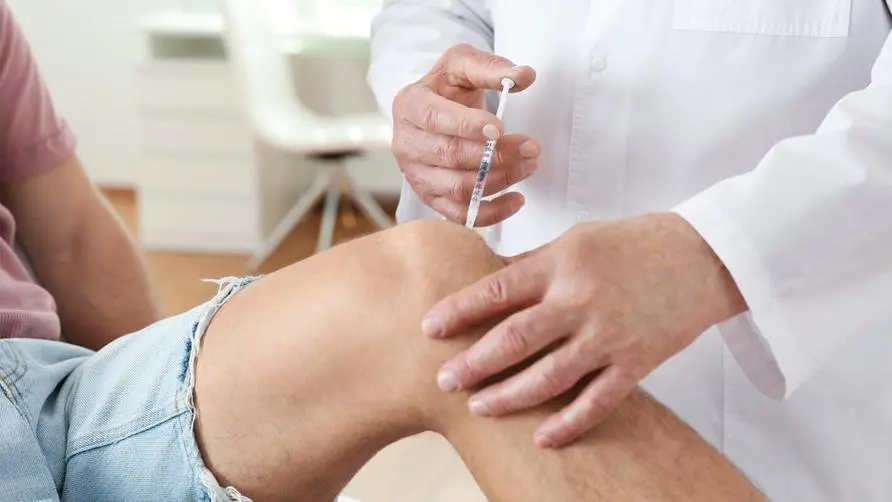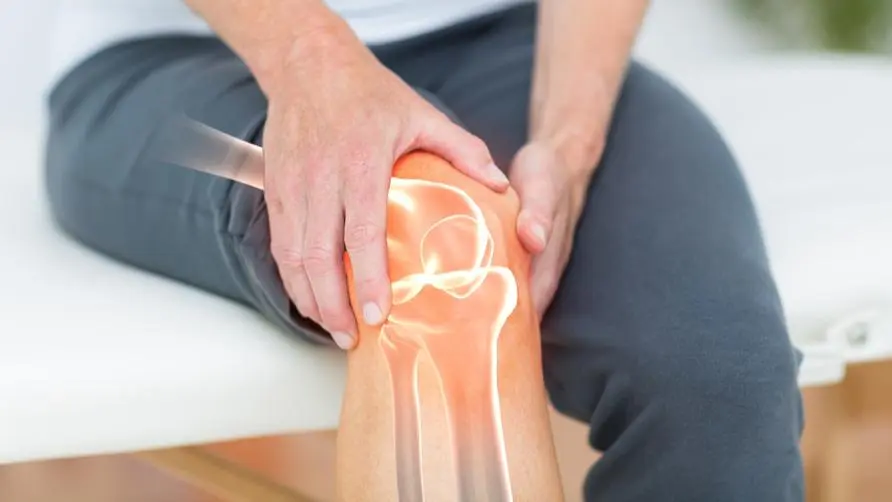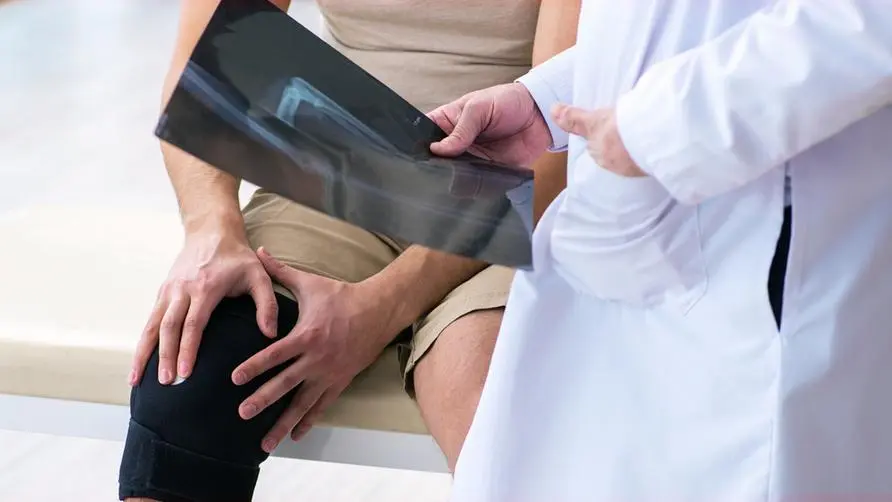Is it useful to take hyaluronic acid to get rid of knee pain? Famous doctors warn: Improper treatment may lead to premature replacement of artificial joints

Have you ever been troubled by knee pain but didn’t know how to solve it? In recent years, hyaluronic acid injection into the joint cavity has become popular to treat “degenerative” knee arthritis. Hyaluronic acid is a well-known mistranslation among the public. The correct name is “hyaluronic acid”. It is one of the main components of joint synovial fluid and cartilage and has special biological activity.
Is hyaluronic acid injection into joints useful? Latest research reveals: mediocre results
Hyaluronic acid can carry more than five hundred times the amount of water and has good water retention. It is also non-toxic, has low immune response, is highly biocompatible, biodegradable and can be absorbed by the human body. It has long been widely used in various medical fields. Such as: promoting wound healing, eye surgery, surgical anti-adhesion agents, cosmetic medicine wrinkle filling, facial tissue adjustment, etc. Those used clinically include those refined from fresh cockscombs, and some are artificially synthesized.
The effect of hyaluronic acid injected into the knee joint cavity is like lubricating a rusty gear. It can cover the cartilage surface to protect the cartilage, increase lubrication, and avoid joint contracture, thereby increasing the range of joint motion and improving the quality of daily life. It can also reduce the continued wear and tear of cartilage and delay the need to replace artificial joints.
In recent years, many clinical trials sponsored by pharmaceutical companies have confirmed its excellent efficacy, so patients have flocked to it. However, the geriatric and immunorheumatology medical team at the University of Copenhagen in Denmark recently published a more objective research report in the journal “Scandinavia Immunorheumatology”, which is worth referring to. The conclusion is: Injecting hyaluronic acid or saline into the joint cavity has about the same effect.
Does hyaluronic acid have therapeutic benefits? Test shockingly revealed: It’s the same as injecting “normal saline solution”
This medical team designed a rigorous clinical trial. They divided 251 patients with degenerative knee arthritis of the same severity into three groups in a double-blind randomized manner. They were administered different preparations every week for a total of four times for four weeks. The first group used 2 ml of hyaluronic acid injection (Sodium Hyaluronate), and the second group used 20 ml of normal saline (which expands the joint cavity and has the effect of relieving symptoms). The third group used 2 ml of normal saline (control group).
After treatment, observation continued for 26 weeks. The results showed that there were no significant differences between the groups in terms of pain relief, functional improvement, or analgesic use. All three groups had the same degree of improvement in objective scores of pain intensity (visual analog scale, VAS) and the Knee Injury and Degenerative Osteoarthritis of the Knee Scale (KOOS), indirectly demonstrating that intraarticular injections are as effective as placebo Effect.
The short-term effects of hyaluronic acid are acceptable. Famous doctors: Long-term studies are still inconclusive.
If the short-term effects of symptom treatment are so good, what about long-term use? Can joint degeneration be slowed or even reversed? Unfortunately, so far, there are still no relevant reports that are credible enough! Research reports on intra-articular injections have sprung up in the academic world in recent years, which is dazzling. Clinicians, both positive and negative, can find enough evidence to support their medical behavior of whether to perform intra-articular injections.
In September 2013, there was an interesting and thought-provoking systematic review. The authors reviewed 48 systematic reviews of the use of hyaluronic acid injections in the treatment of “degenerative” knee arthritis. These studies were prospective, randomized, placebo-controlled clinical trials. A correlation analysis was conducted on whether the conclusions drawn about the therapeutic effect were related to whether the research was supported by the manufacturer. Among them, 30 (62.5%) research statements were supported by the manufacturer, and only 3 (6.25%) stated that they were supported by the manufacturer. The manufacturer was irrelevant, and the other 15 articles (31.25%) did not indicate the source of research funding.
Improper injection leads to knee inflammation? Replacement of “artificial joints” early is not worth the gain
It was found that the results of 30 studies supported by manufacturers all supported the efficacy of hyaluronic acid injections. Among the other 18 studies that did not indicate a conflict of interest with the manufacturers, 11 concluded that hyaluronic acid injections were no more effective than placebo. Good dose. What a conclusion worth pondering! After careful questioning, nine out of ten patients with chronic knee pain who come to our joint center for further treatment have received intra-articular injections of hyaluronic acid, with mixed reviews (about the same as placebo) due to its high cost. It seems that if you can only get a short-term placebo effect, you should really think twice!
If used improperly (not injected smoothly into the joint cavity) or the joint synovial bursa has an allergic and inflammatory reaction to hyaluronic acid, it will worsen the pain, and even cause the joint synovial bursa to gradually thicken and lose elasticity due to repeated inflammation, and occasionally it will touch. In cases where invasive bacterial infection requires repeated debridement surgery and early replacement of artificial joints, the gain outweighs the loss!
Further reading:





